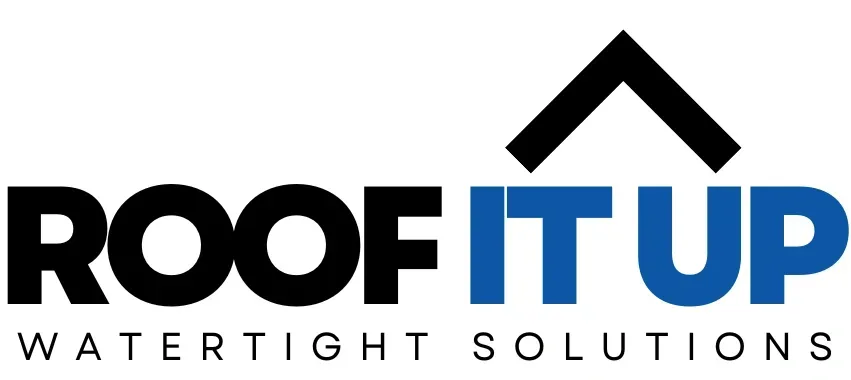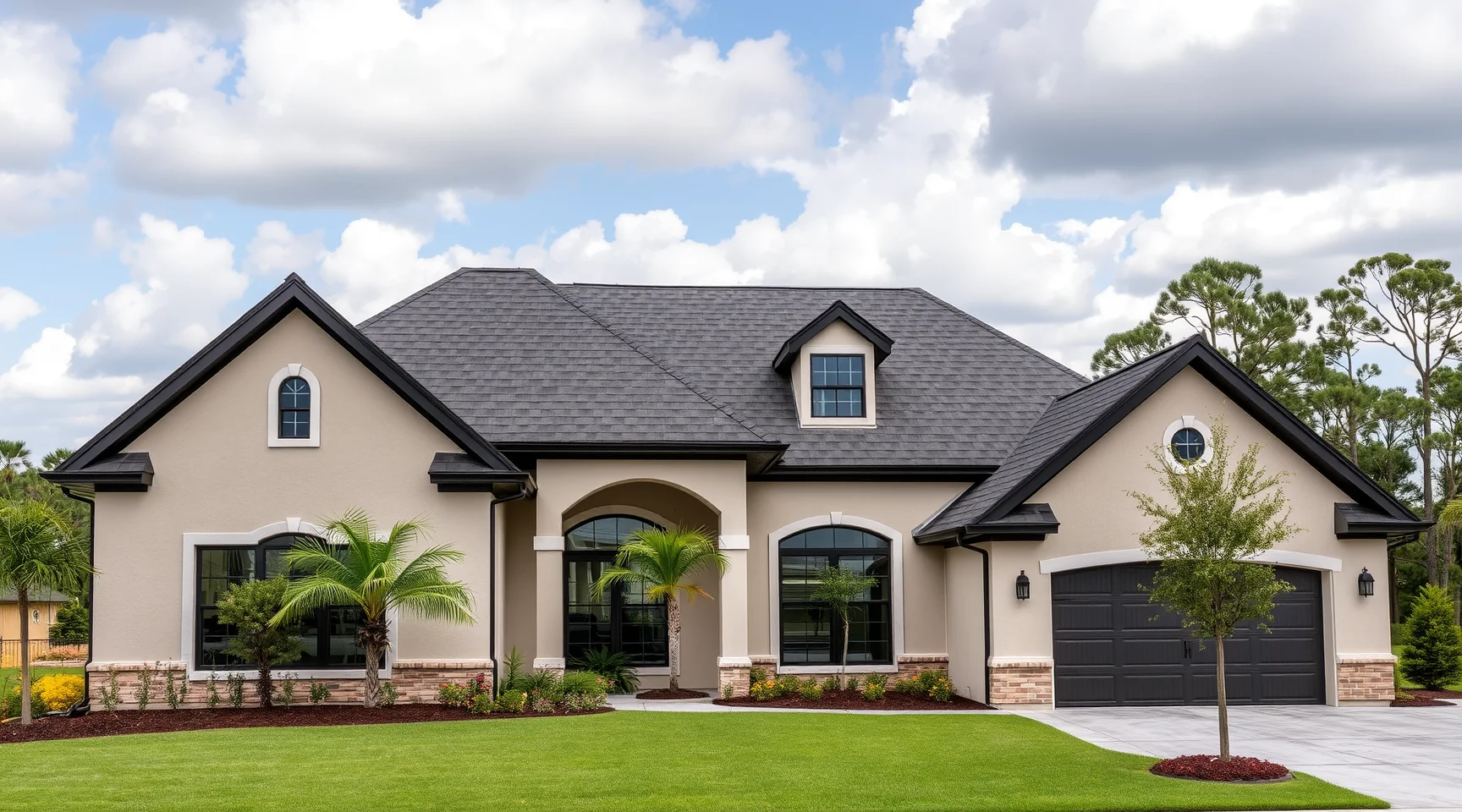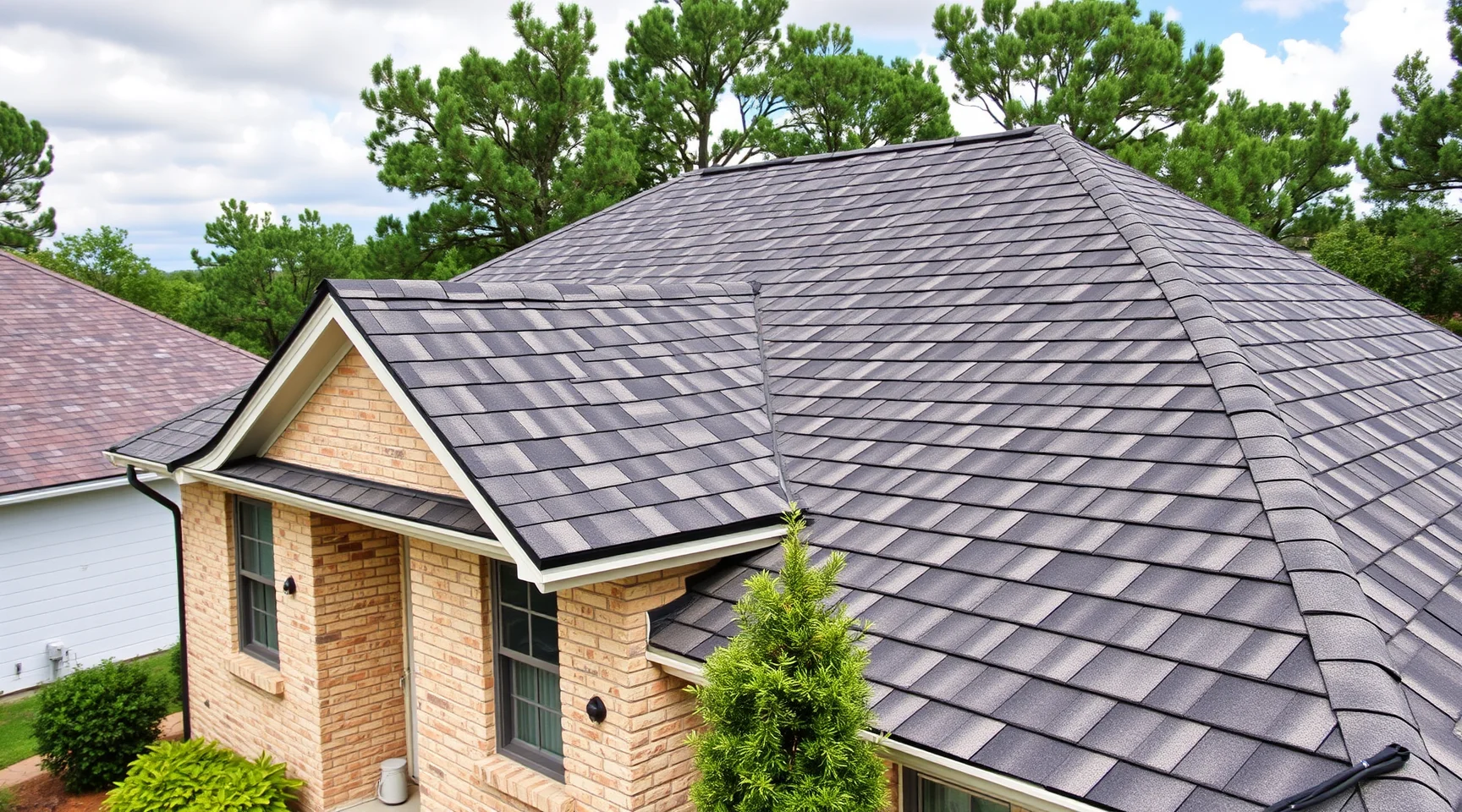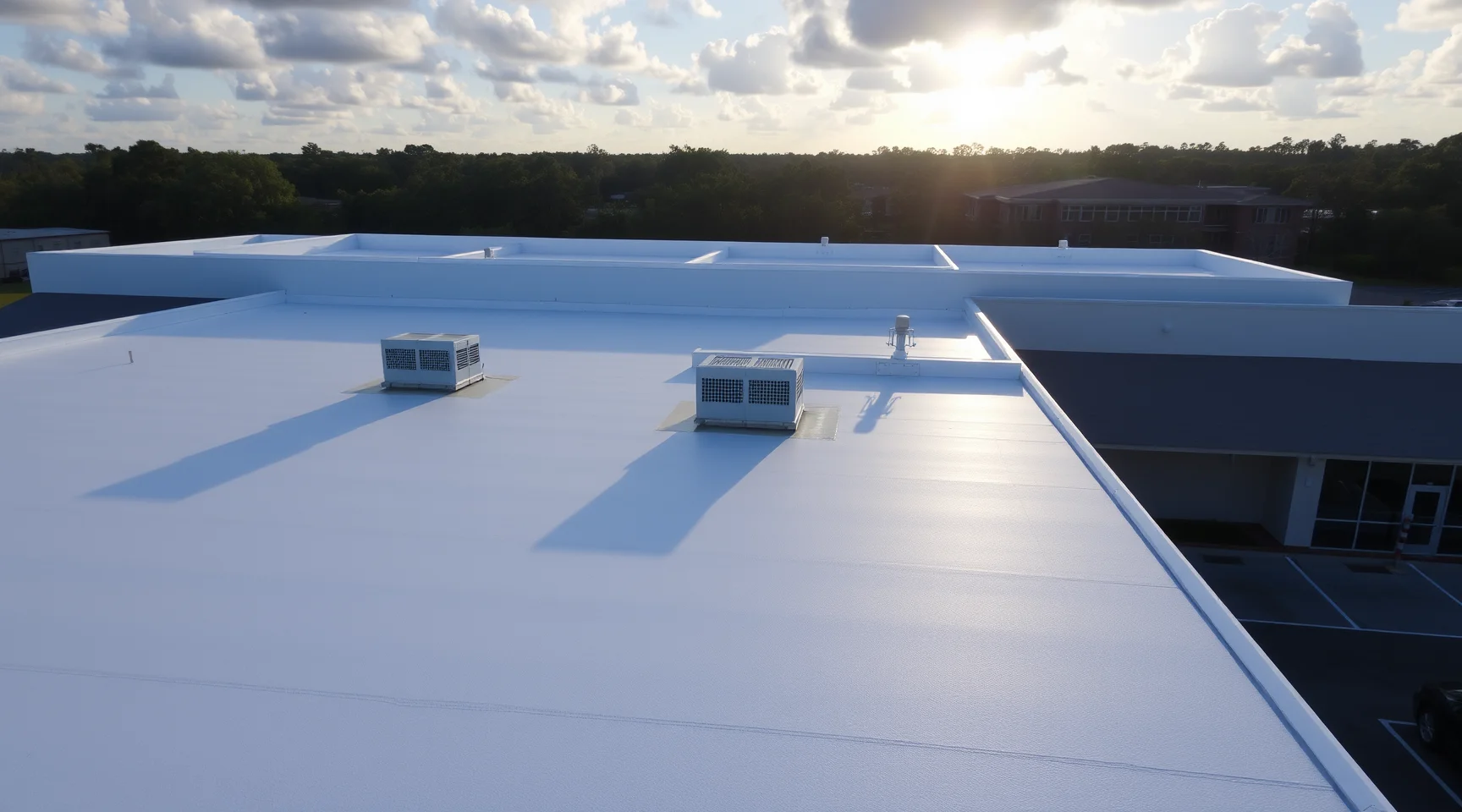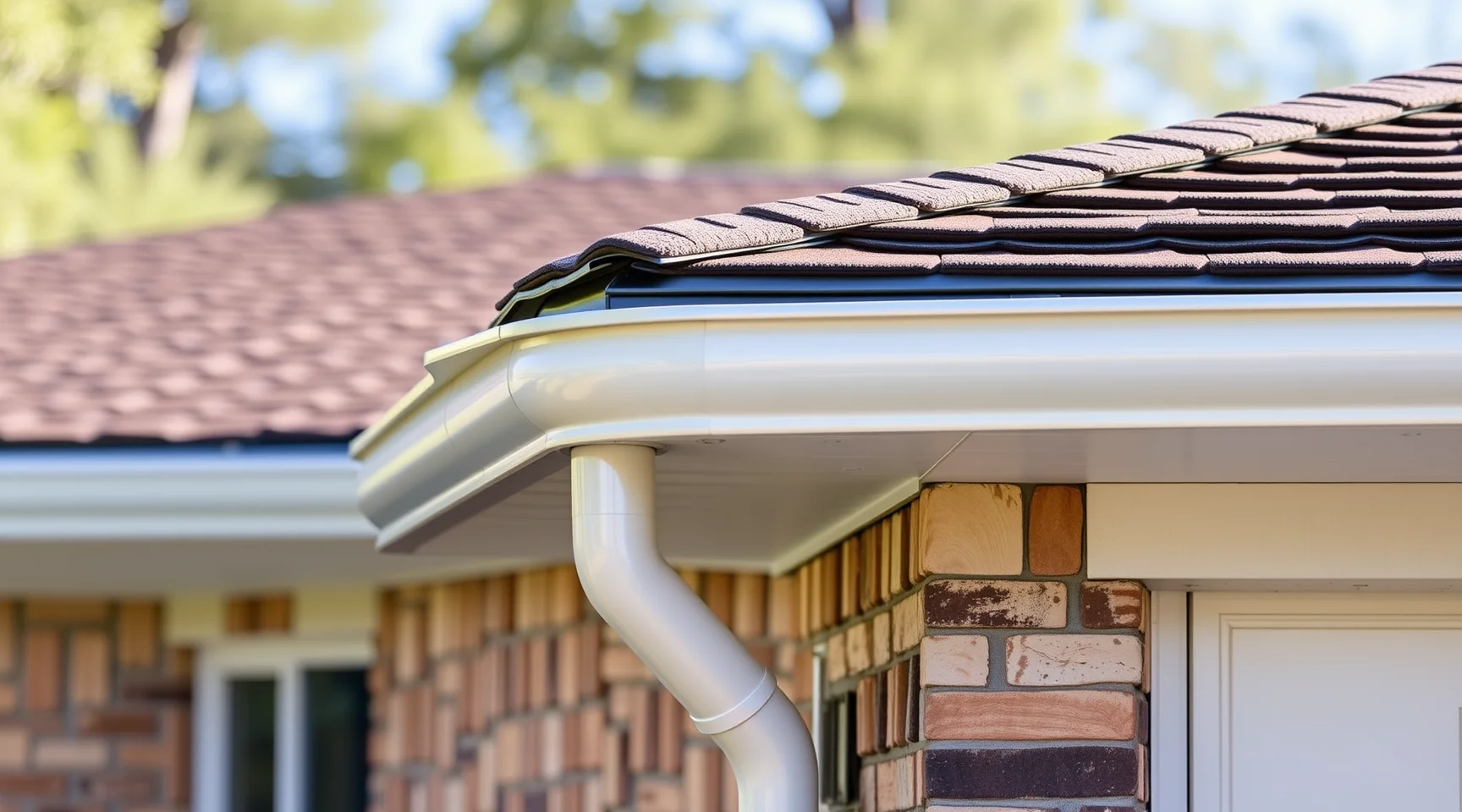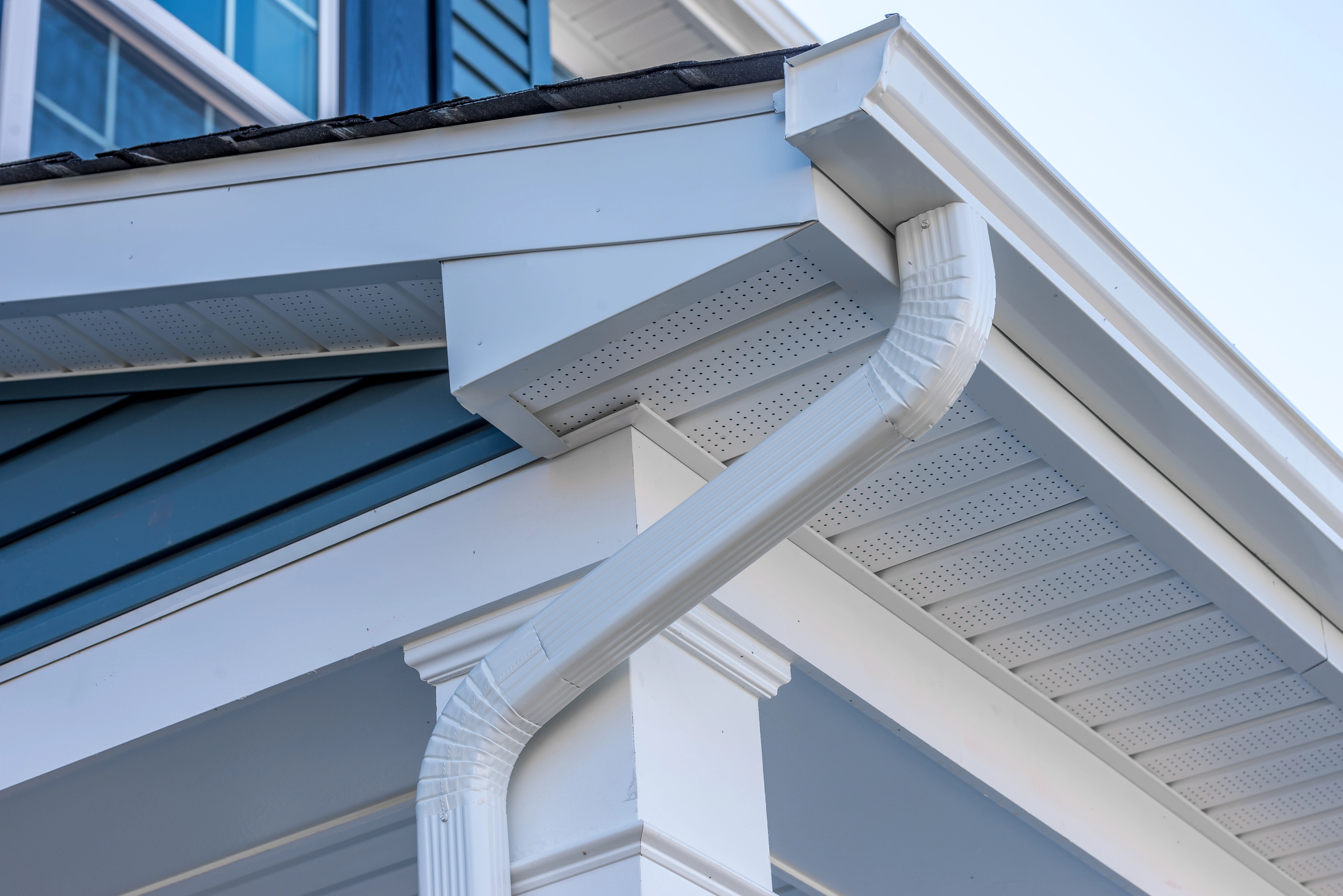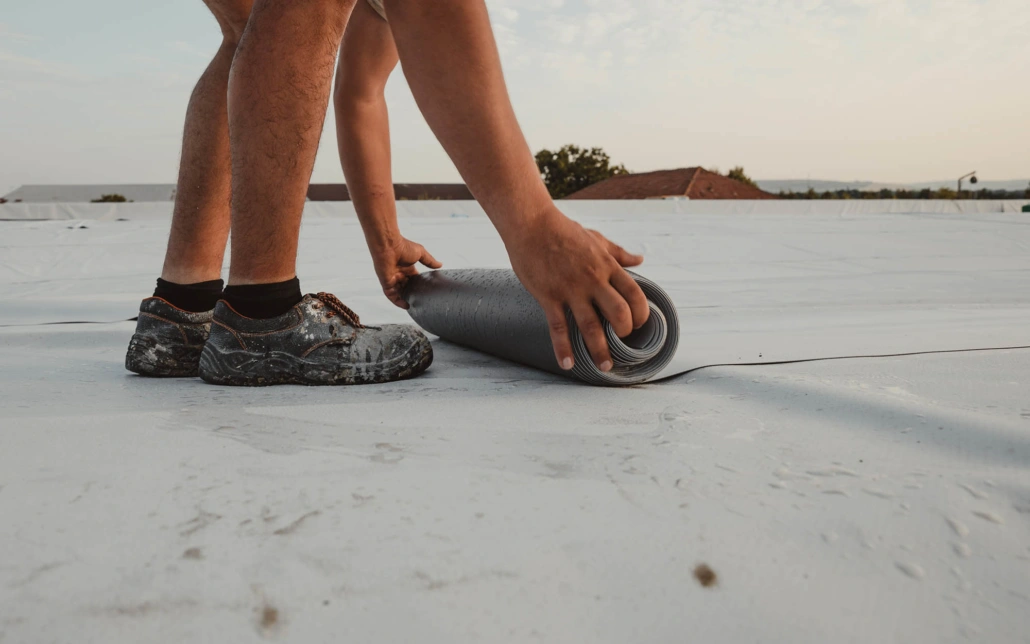Residential Roofing in Mount Dora, FL & Nearby Areas
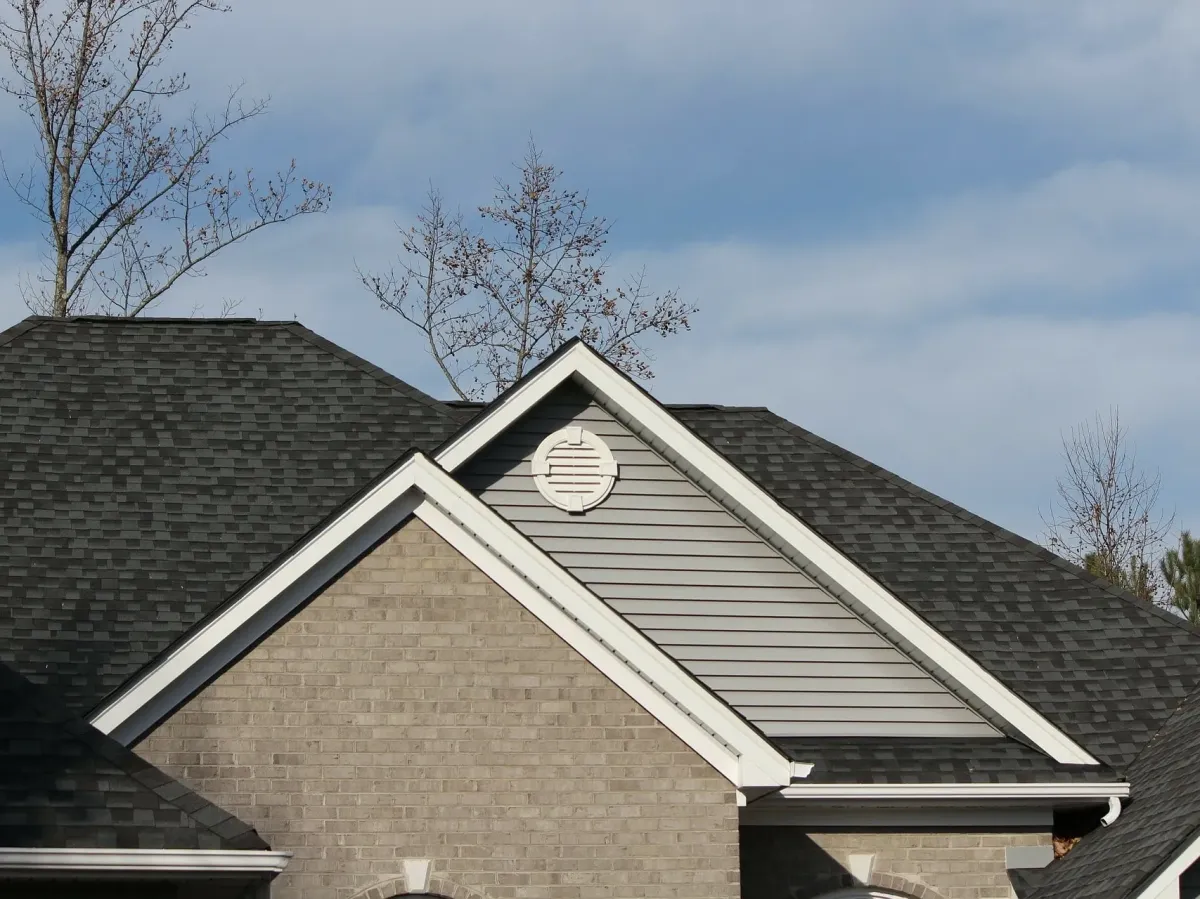
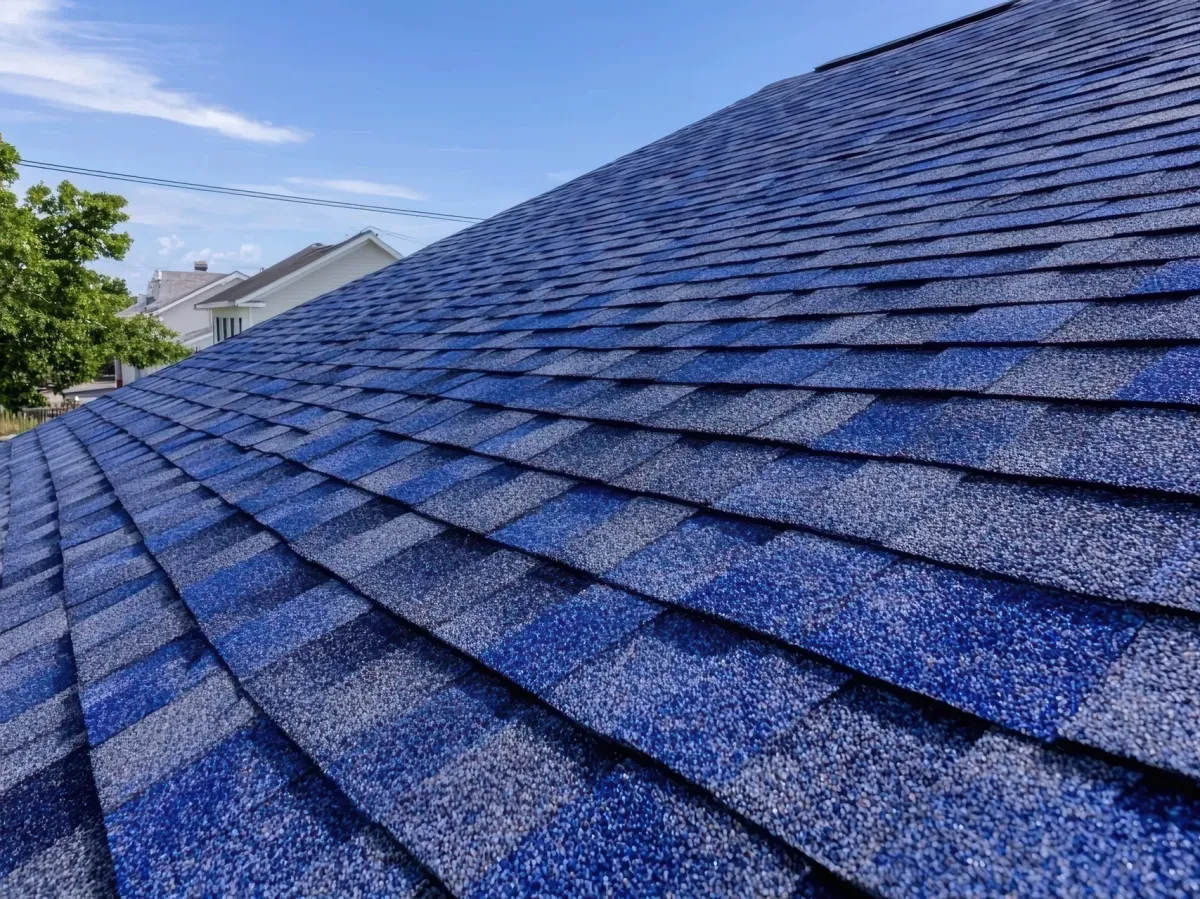
Initial Consultation and Assessment of Your Needs
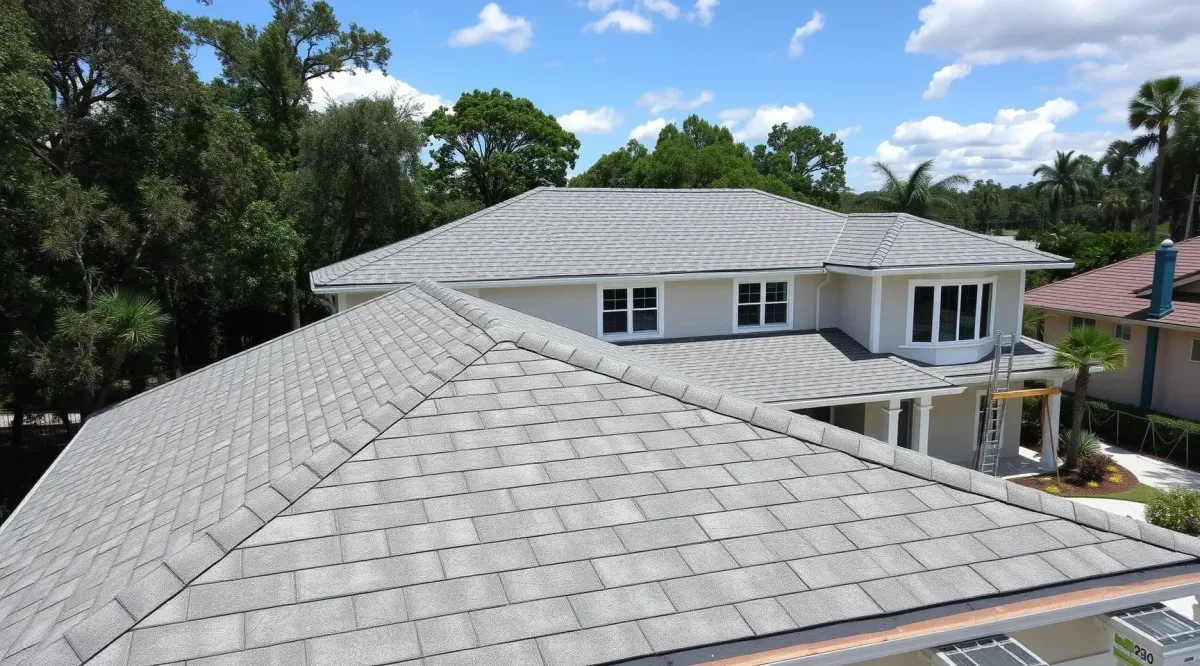

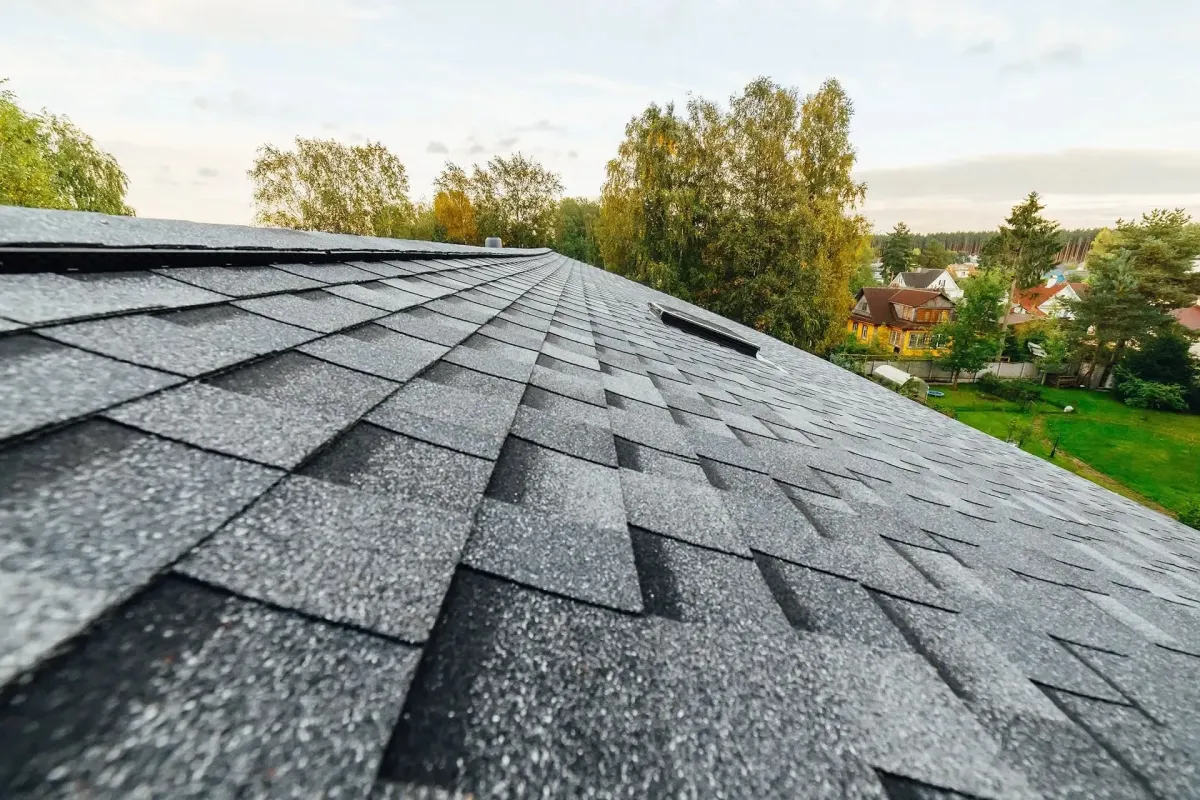
Detailed Proposal and Material Selection

Final Inspection and Project Completion
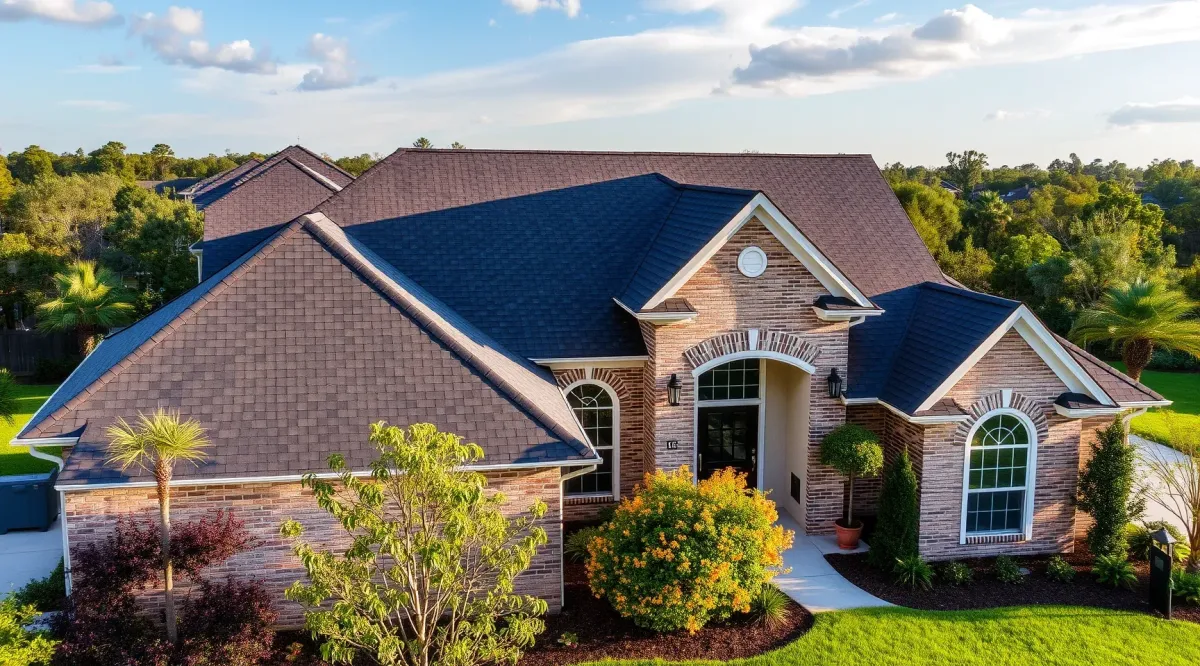
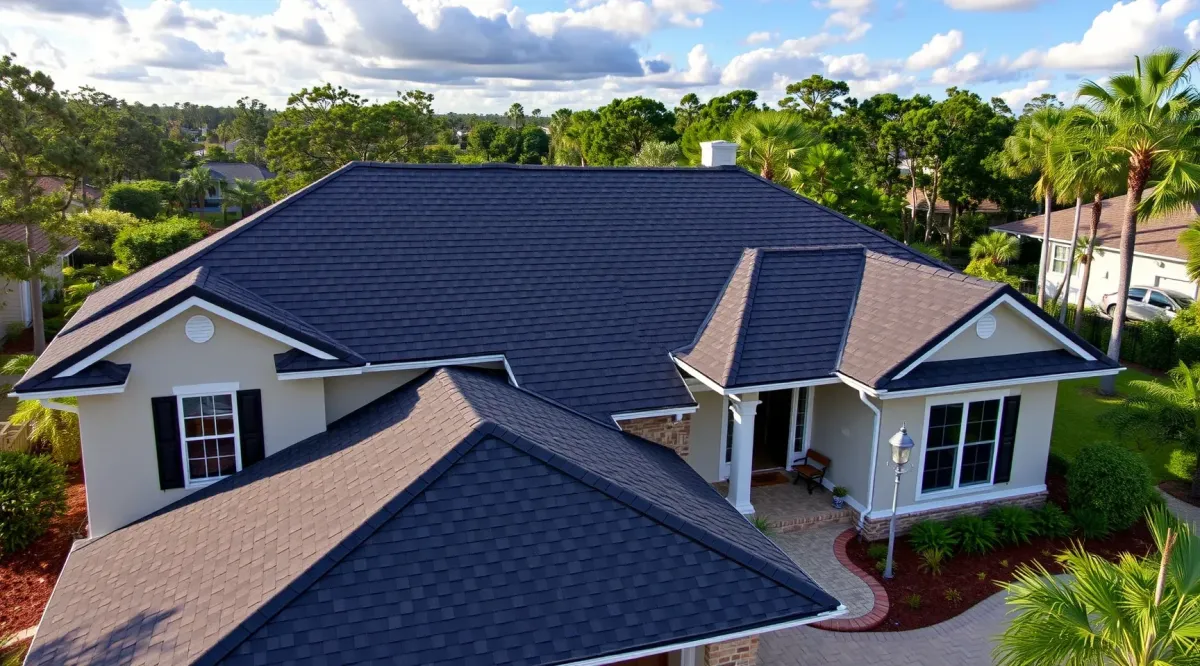
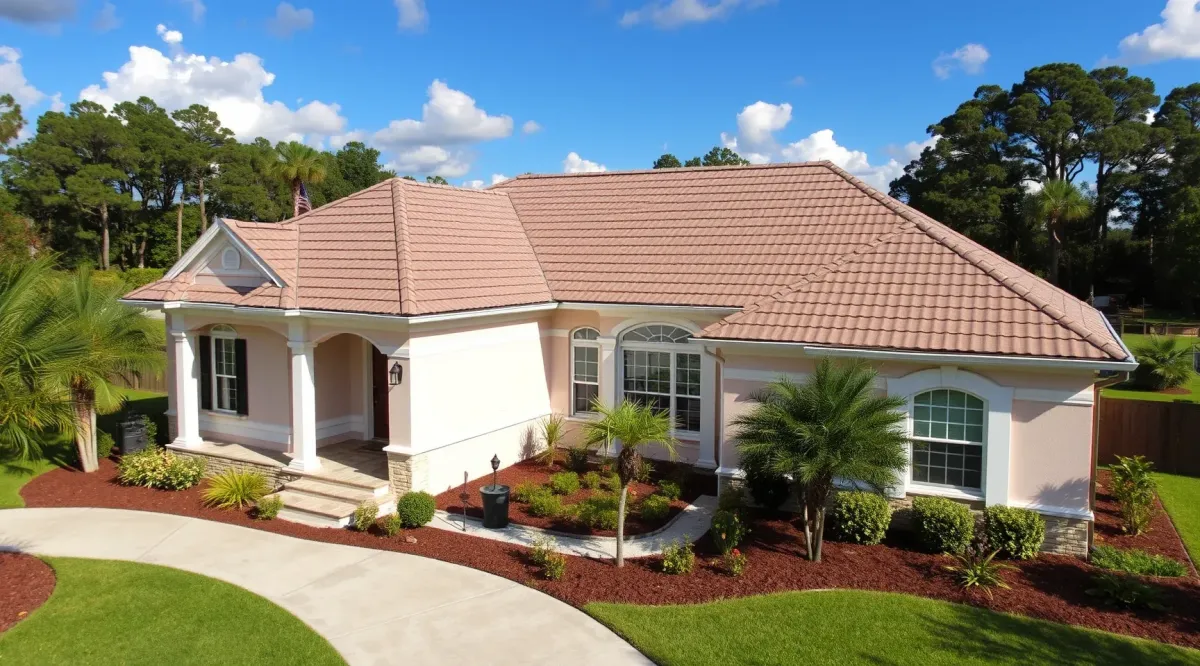
Proudly Serving These Locations and More
Google Reviews
Apply for Our Online SPECIAL
SAVE BIG on Any Service – New Customers Only
FAQs
Frequently Asked Questions about Residential Roofing
1: What factors should I consider when estimating the cost of a new residential roof installation?
When estimating the cost of a new residential roof installation, consider factors such as the roofing material, the size and complexity of your roof, labor costs, local building codes, and potential warranties. Additionally, factor in any necessary repairs to the underlying structure for a comprehensive assessment.
2: What are the benefits of choosing high-quality materials for residential roofing projects?
Choosing high-quality materials for residential roofing projects enhances durability, energy efficiency, and aesthetic appeal. These materials often come with better warranties, providing peace of mind. Investing in superior roofing not only protects your home but also increases its value and reduces long-term maintenance costs.
3: What should I look for in a roofing contractor to ensure a successful residential roofing project?
When selecting a roofing contractor, prioritize experience, proper licensing, and insurance. Look for positive customer reviews and a solid portfolio of past projects. Ensure they offer comprehensive warranties and transparent communication throughout the process to guarantee a successful residential roofing project.
4: What types of roofing materials are best suited for residential properties in varying climates?
For residential properties, asphalt shingles are ideal in moderate climates, while metal roofing excels in areas with heavy snowfall or high winds. Clay tiles suit hot, dry regions, and slate is perfect for longevity in diverse climates. Each material offers varying warranties to match your needs.
5: What maintenance practices can extend the lifespan of a residential roof?
Regular inspections, timely repairs, and routine cleaning of debris are essential maintenance practices that can significantly extend the lifespan of your residential roof. Additionally, ensuring proper ventilation and addressing any signs of wear promptly can help maintain your roof's integrity and protect your investment for years to come.
6: What are the signs that indicate my residential roof needs repair or replacement?
Signs that indicate your residential roof needs repair or replacement include missing or damaged shingles, leaks or water stains on ceilings, sagging areas, and increased energy bills. Regular inspections can help identify these issues early, ensuring your roof remains in good condition and maintains its warranty.
7: What are the most common roofing issues homeowners face and how can they be addressed during a residential roofing project?
Homeowners commonly face issues like leaks, damaged shingles, and poor ventilation. During a residential roofing project, these can be addressed through thorough inspections, timely repairs, and quality materials. Additionally, ensuring proper installation can enhance durability and may come with warranties for added peace of mind.
8: What should homeowners know about the different types of warranties available for residential roofing systems?
Homeowners should understand that residential roofing warranties vary significantly, typically covering materials and workmanship. It's essential to review the terms, duration, and any exclusions. A solid warranty can provide peace of mind, ensuring your investment is protected against defects and premature wear, making it a crucial consideration for your roofing project.
9: What are the key differences between residential roofing systems and commercial roofing systems that homeowners should be aware of?
Residential roofing systems typically feature sloped designs and a variety of materials, focusing on aesthetics and energy efficiency. In contrast, commercial roofing systems often utilize flat or low-slope designs with durable materials for longevity and lower maintenance. Understanding these differences can help homeowners make informed decisions for their roofing needs.
10: What are the most energy-efficient roofing options for residential properties?
The most energy-efficient roofing options for residential properties include metal roofs, which reflect sunlight, and cool roofing materials that reduce heat absorption. Additionally, asphalt shingles with high solar reflectance and green roofs with vegetation can enhance energy efficiency, potentially lowering cooling costs and extending roof lifespan.
© Copyright 2025 Roof It Up. All Rights Reserved. - Privacy Policy - Terms & Conditions - DMCA - Disclaimer
Website built by ClientSwing
